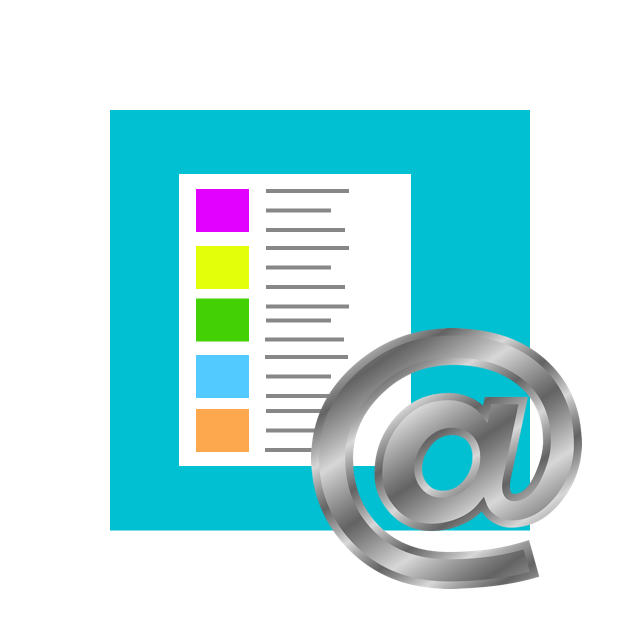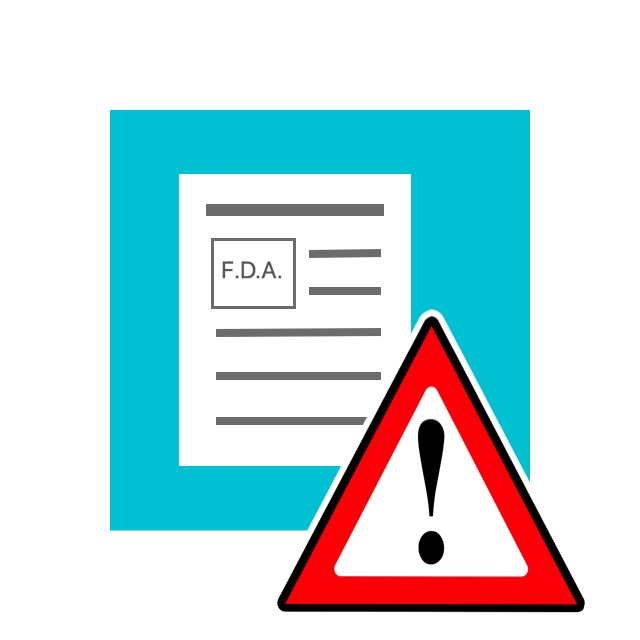
The study, published in the AAAAI’s journal The Journal of Allergy and Clinical Immunology: In Practice, reports findings for participants who received a follow-up oral food challenge after one year on peanut daily maintenance.
READ ARTICLE HIDE ARTICLE
MILWAUKEE, WI – Data published in
The Journal of Allergy and Immunology: In Practice(JACI:In Practice), an official journal of the American Academy of Allergy, Asthma & Immunology (AAAAI), demonstrated that peanut oral immunotherapy (OIT) is effective after one year of maintenance in preschool participants who received a follow-up oral food challenge (OFC).
Preschoolers (9-70 months old) enrolled in the real-world study were administered increasing peanut doses in a clinic every two weeks over 8-11 visits until reaching the 300mg peanut protein maintenance dose. After spending approximately 12 months taking maintenance doses, patients were invited to complete a peanut follow-up OFC.
A total of 164 patients completed build-up and three dropped out of maintenance, leaving 161 patients available for follow-up OFC. A total of 117 of the 161 eligible patients received the follow-up OFC. Among them, 92 (78.6%) were able to tolerate a cumulative peanut protein dose of 4,000mg. A total of 115 (98.3%) tolerated a cumulative 1,000mg dose at follow-up, which would protect against accidental peanut exposures.
“The main takeaway for parents is that in this study, OIT provided protection from accidental exposures for 98.3% of preschoolers,” said Lianne Soller, PhD, corresponding author of the study and University of British Columbia allergy research manager. “These data, in combination with our previous data demonstrating safety of peanut OIT in preschoolers, suggest that this therapy could be considered for this age group as an alternative to the current recommendations to avoid peanut.”
Also of note was that epinephrine use during maintenance dosing remained low with only two participants requiring it, and only 10.5% of participants experienced allergic reactions at all. During the maintenance phase, only one patient needed to go to the emergency department due to an allergic reaction.
“Our study is the first to report on effectiveness of peanut OIT in preschoolers in a real-world setting, as opposed to a clinical trial setting,” said Dr. Soller. “We plan to continue to follow-up with this cohort long-term so we can continue to strengthen and solidify our recommendations regarding peanut exposure and oral immunotherapy.”
Learn More from AAAAI





